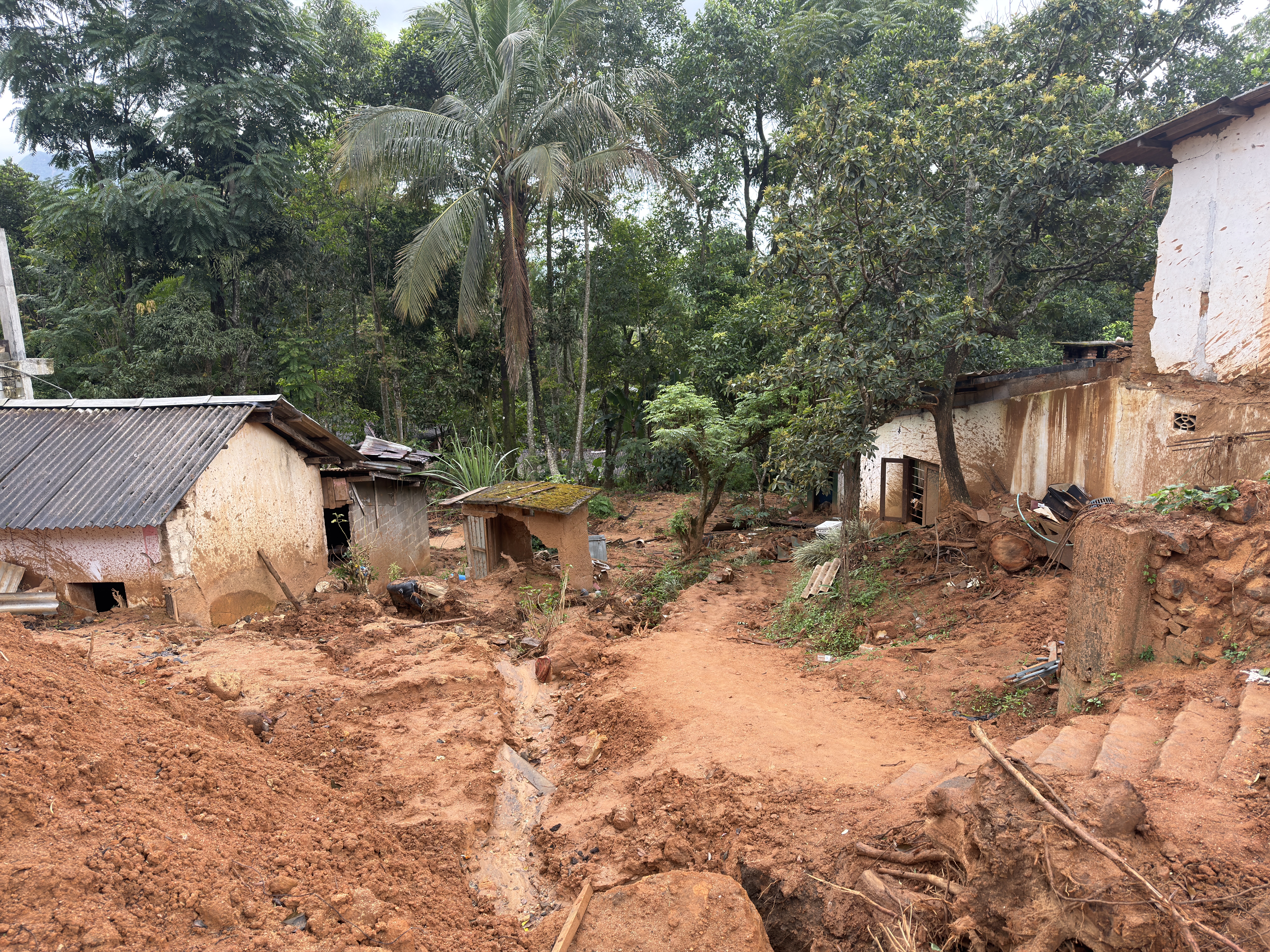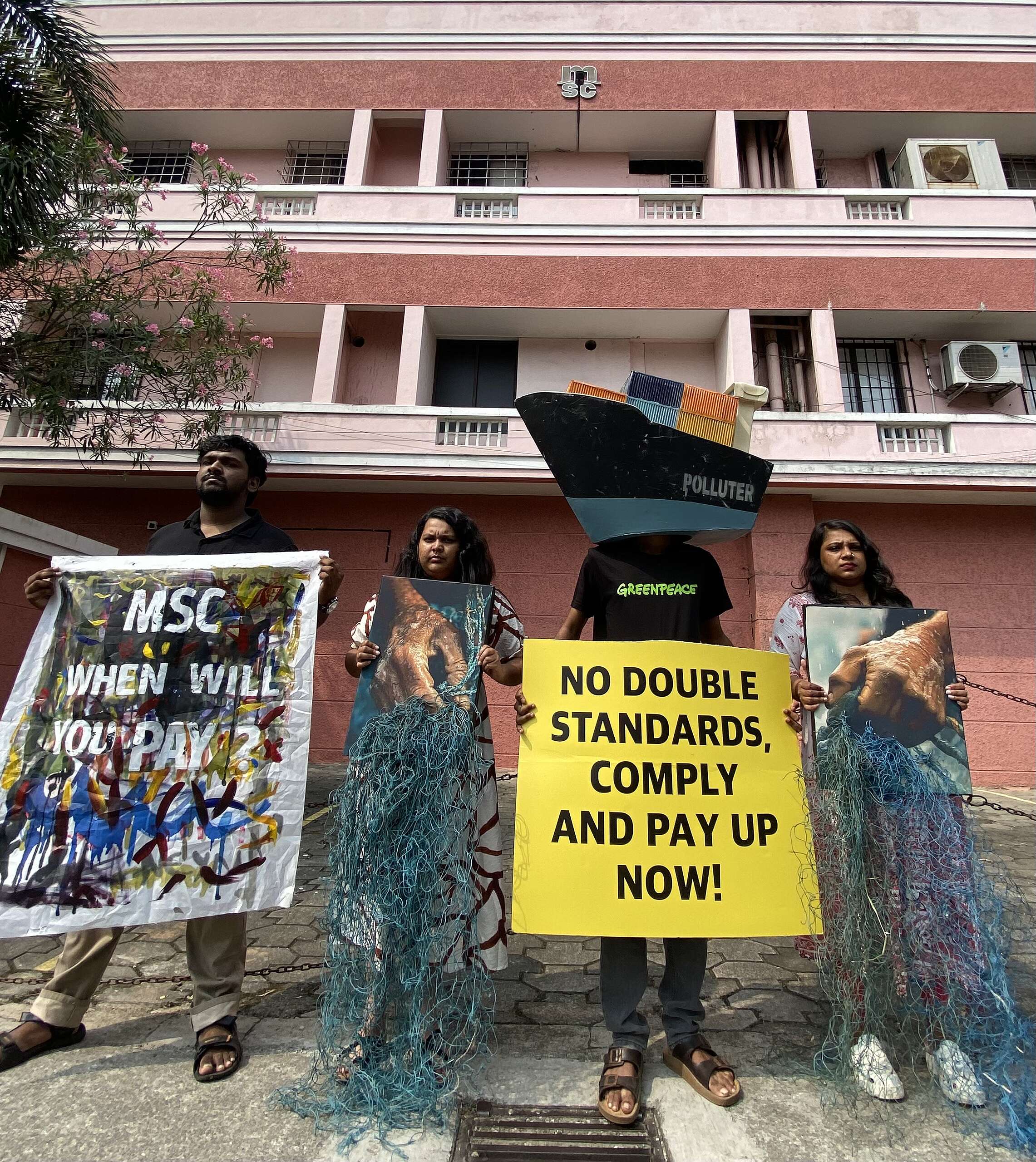It has been over nine months since Greenpeace India’s open letter to the Central Pollution Control Board seeking an urgent revision of India’s Air Quality Standards. Despite the demand having been backed by over 10,000 concerned citizens, there has neither been a response nor an update of any kind on the same. We write to you again, to remind you that the revision of our National Ambient Air Quality Standards(NAAQS) according to the updated World Health Organization (WHO) standards (2022) is critical in the fight against air pollution and is long overdue.
Read Greenpeace India’s key recommendations to the Central Pollution Control Board to help control and mitigate the effects of air pollution in the country.
Related Posts
-

Support Communities Rebuild from a Polluter-Led Crisis
When Cyclone Ditwah tore through Sri Lanka in November 2025, it was everyday people that became the first-responders. From neighbours to teachers, school principals and shop owners, everyone jumped in…
-

Witness 3.25
This quarter tracks two fronts of the climate crisis: a coastline poisoned by a shipwreck and a capital pushed to its limits by heat. The details differ, but the question…
-

“Below Deck: The Truth Beneath What You Sea”
The investigative report reveals how MSC’s use of ageing vessels, regulatory loopholes, and flag-of-convenience practices have repeatedly led to environmental accountability shortfalls in South Asia.

Discussion
Greenpeace, To end poverty, ecocide and war the GRB digital currency Eco monetizes natural products giving environmental resources like forests, oceans and climate ecological economic value. Economists Joanne Hissey and John Pozzi @ https://grb.net
Full support
Dear All, I understand you concern . The majors government is taking are not sufficient . I deal in Specialized Coating and we have a product wherein with Photo catalysis, pollutants,germs, dust ,dirt can be converted into less harmful products like CO2 & water